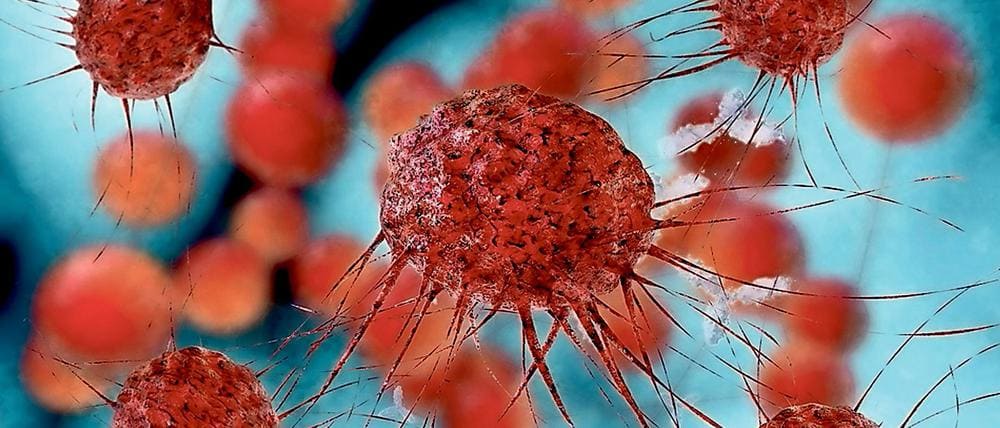KEY TAKEAWAYS
- The study aimed to investigate the efficacy of ESG401 in treating BMs in patients with HER2-negative mBC.
- Researchers noticed consistent responses in both brain and systemic lesions; further investigation is ongoing.
The study focuses on addressing the significant unmet medical need for effective treatments targeting brain metastases (BMs) in HER2-negative metastatic breast cancer (mBC). ESG401, a novel Trop2 antibody-drug conjugate (ADC), consists of SN38 conjugated to a humanized Trop2 monoclonal antibody (mAb) using a proprietary stable-cleavable linker with a drug-to-antibody ratio of 8 (DAR8). Previous reports highlight ESG401’s promising clinical efficacy in breast cancer, and preclinical models have demonstrated its ability to suppress BMs.
Fei Ma and the team aimed to validate the efficacy of ESG401 in managing BMs in patients with HER2-negative mBC through clinical trials.
They performed an inclusive analysis of patients with HER2-negative mBC with BMs who were enrolled in a Phase Ia/b clinical trial. Eligible patients included those with treated or stable BMs, as well as those with newly diagnosed BMs not requiring immediate treatment at the time of enrollment. Efficacy was evaluated based on RECIST 1.1 criteria for both systemic and brain metastatic lesions. All patients with HER2-negative BMs, regardless of hormone receptor status or prior lines of treatment, were included in the analysis.
About 134 patients with HER2-negative mBC were enrolled in the study, with 20 (15%) having BMs at baseline. As of March 20, 2024, 16 patients had efficacy-evaluable BMs. This group included 9 patients with heavily pretreated triple-negative breast cancer (TNBC) (median prior lines of therapy: 5; range: 2–10), 5 patients with hormone receptor-positive/HER2-negative breast cancer (HR+/HER2-BC) (median prior lines of therapy: 4; range: 2–5) in the metastatic setting, and 2 patients with first-line (1L) TNBC.
The dosing regimens were divided as follows: 6 patients received 12 mg/kg, 4 patients received 14 mg/kg, and 6 patients received 16 mg/kg on days 1, 8, and 15 of a 28-day cycle. Among the 16 patients with BMs, 2 achieved a complete intracranial response (IC-CR), 4 had a partial intracranial response, and 6 had stable disease as the best intracranial response.
The longest duration of ESG401 treatment for a single patient was 17.7 months, with that patient still undergoing treatment. The safety profile of ESG401 was consistent between patients with and without BMs.
The study concluded that ESG401 demonstrates encouraging therapeutic efficacy in both heavily pretreated and 1L patients with HER2-negative mBC with BMs. Consistent responses were observed in both brain metastatic and systemic lesions, supporting the need for further clinical evaluation of ESG401 in this patient population.
The trial was sponsored by the Shanghai Escugen Biotechnology Co., Ltd.
Source: https://cslide.ctimeetingtech.com/esmo2024/attendee/confcal/show/session/138
Clinical Trial: https://clinicaltrials.gov/study/NCT04892342
Ma F, Qiu F, Tong Z, et al. (2024). “ESG401, a novel Trop2 antibody-drug conjugate (ADC), and its efficacy evidence in HER2-negative metastatic breast cancer with brain metastases.” Presented at ESMO 2024. (Abstract 344MO).



